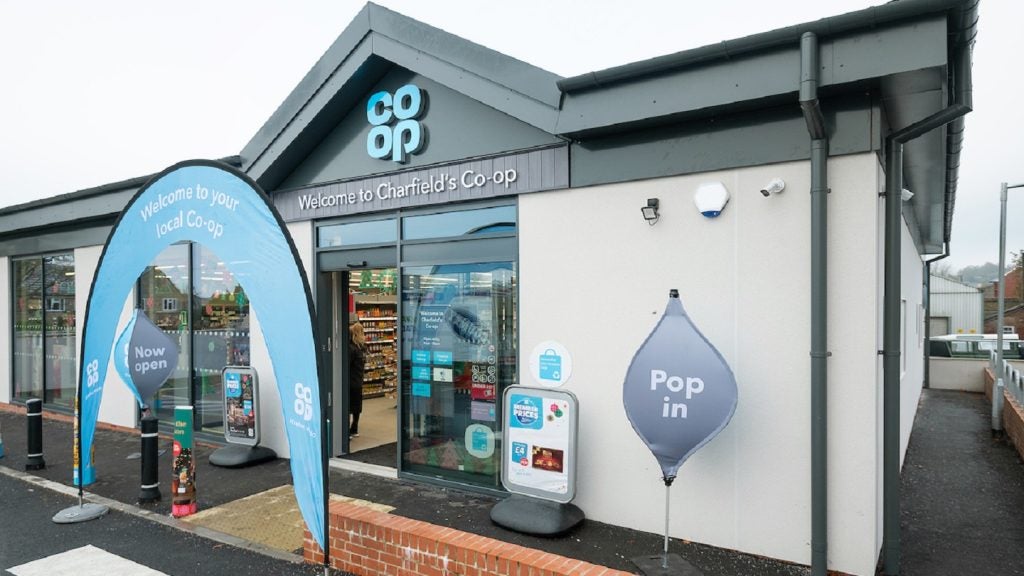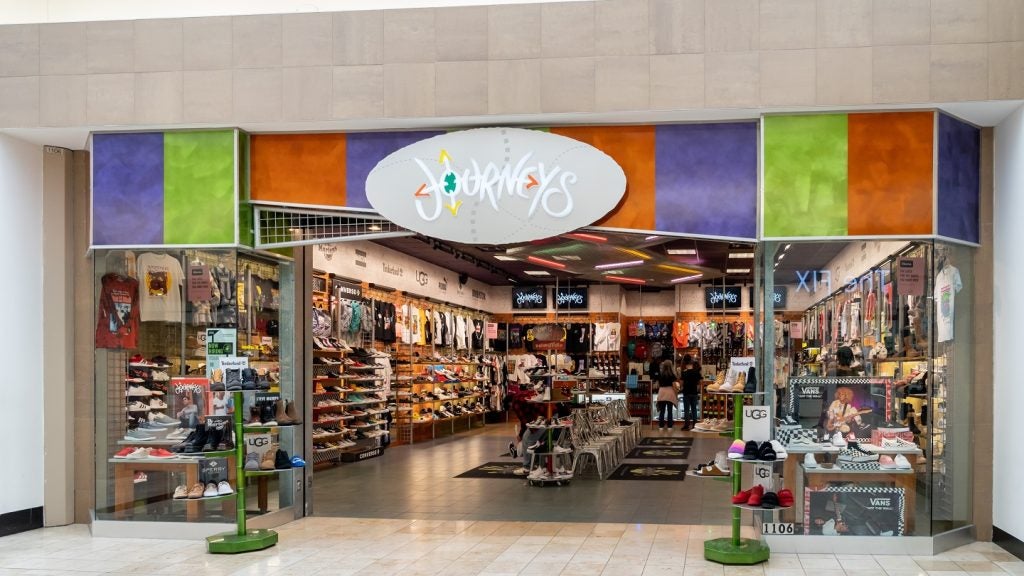As the world anticipates COP28, a pivotal moment in the fight against climate change, businesses are urged to reassess their environmental impact. Head of operations at PFS, now part of GXO, Zach Thomann, provides valuable insights into how retailers and online brands can contribute to a more sustainable future.
In this article, we delve into key points raised by Thomann, using his own words to enrich our understanding of the potential for COP28 to drive significant change in eCommerce sustainability.
1. The efficiency of online shopping
Zach Thomann emphasises the well-documented benefits of online shopping, stating, "There are numerous studies that tout the benefits of online shopping as opposed to traditional in-store shopping when it comes to sustainability."
He specifically notes that shopping exclusively online is "about 87% more efficient with regard to CO2 emissions and vehicle miles" compared to in-store shopping.
2. Consolidating orders and shortening last-mile delivery
Thomann underscores the need for order consolidation, stating, "The key to reaping the environmental benefits of online shopping is the ability to consolidate orders."
He further emphasises the importance of shortening last-mile delivery, suggesting, "This can be achieved by implementing alternative distribution options such as multi-node fulfilment."
3. Balancing speed, cost, and sustainability
In addressing the challenge of balancing speed, cost, and sustainability, Thomann notes, "67% of consumers will choose faster delivery if they don’t have to pay extra, with no concern for sustainability considerations."
This highlights the growing need to find a balance between meeting consumer demands for speed and considering the environmental impact.
4. The packaging conundrum
Thomann highlights the disparity between consumer expectations and retailer practices in sustainable packaging, stating, "Six in 10 consumers expect sustainable packaging to be used, but retailers fall short of expectations."
He advocates for education, noting, "It is on retailers to educate consumers on additional measures that can and are being taken" beyond the basic understanding of recycling cardboard boxes.
5. Holistic approach for sustainable eCommerce
In concluding his thoughts, Thomann stresses, "A holistic approach is critical to the success of a sustainable eCommerce operation."
He emphasises that brands should "consider every aspect of the upstream supply chain as well as the post-purchase customer journey." He also highlights the consumer demand for transparency:
"More than ever before, consumers are looking for transparency. They want to see that brands are trying to be more sustainable across all operations, not just the customer-facing elements."
As COP28 approaches, these insights from Zach Thomann, in his own words, offer a roadmap for eCommerce businesses to actively contribute to global sustainability goals.
By addressing inefficiencies, educating consumers, and adopting a comprehensive approach, online retailers can play a pivotal role in fostering a more environmentally conscious future.















